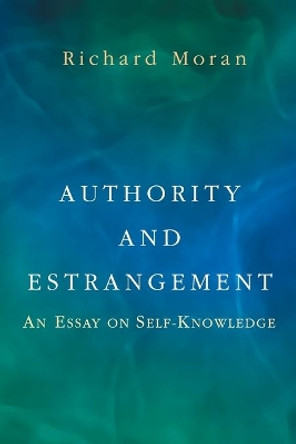Description
Challenging widespread misunderstandings, this book shows that central to key enlightenment texts was the practice of estranging taken-for-granted prejudices by adopting the perspective of Others.
The enlightenment’s key progenitors, led by Montesquieu, Voltaire and Diderot, were more empiricist than rationalist, and more critical than utopian. Moreover, each was an artful exponent of the ‘proto-postmodernist’ practice of asking Europeans to review what they considered unquestionable through the eyes of Others: Persians, women, Tahitians, Londoners, natives and naïves, the blind, and even imaginary extra-terrestrials. This book aims to show that this self-estrangement, as a means to gain critical distance from one’s taken-for-granted assumptions, was central to the enlightenment, and remains vital for critical and constructive sociopolitical thinking today.
Book Information
ISBN 9781538160213
Author Matthew Sharpe
Format Hardback
Page Count 194
Imprint Rowman & Littlefield
Publisher Rowman & Littlefield
Weight(grams) 476g









